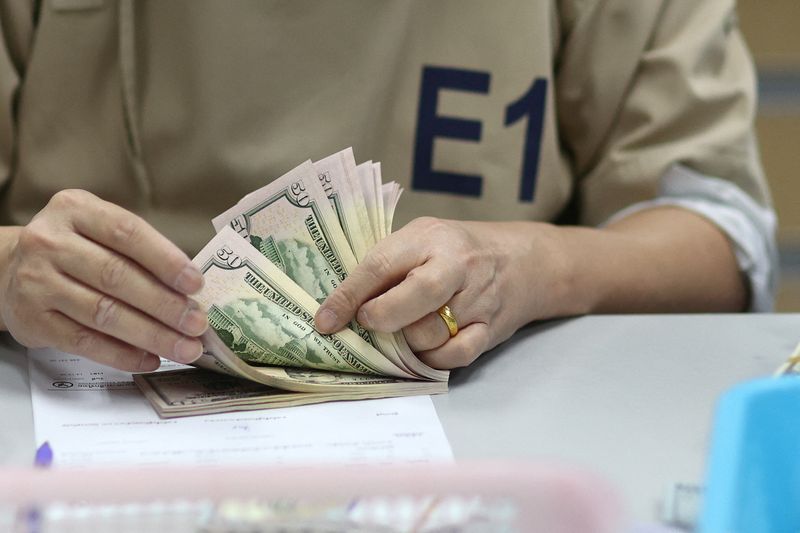By Chris Taylor
NEW YORK (Reuters) – Look at the waves of layoffs happening across America right now and you’re probably thinking about something you haven’t had to think about for quite a while:
Plan B
Everyone has one, a vague idea of what they’re going to do when Plan A goes haywire. With layoffs mounting — particularly in the tech space, with 140,000 last year and 58,000 so far this year, according to Crunchbase — your plan B may no longer be just a theory.
You may need to take it out of the drawer, dust it off – and put it to work.
To help you with that, there’s the latest new book, The Great Money Reset, by Jill Schlesinger, CBS News business analyst and host of the Jill On Money radio show and podcast.
“It’s always wise to ask yourself, ‘What would happen to me if I lost my job today? How would I manage that and what should I do now to prepare myself?’” says Schlesinger. “Because life is never a straight line. Careers zigzag – and so does life.”
In fact, it’s not just a layoff that can lead to a Great Money Reset, a moment when you need to take stock and re-evaluate everything in your financial life. It could be a health issue, a divorce, or a hundred other thorny issues life throws at you.
In other words, the question isn’t if a Great Money Reset is coming your way — it’s when.
So as you sit down and think through the elements of a financial reset—spending, saving, career path, retirement prospects, and more—here are a few factors to consider.
SMALLER STEPS ARE OK
Many people make the cognitive mistake that a back-up plan has to be a giant leap, very different from the career path they’re already on. Not necessarily.
They may be more modest steps you can take now — like taking classes to learn new skills, or trying a different job at the same company, or trying a more flexible work schedule.
“A plan B doesn’t mean that you have to give up your entire career,” says Schlesinger. “Maybe it just means you don’t want as much pressure and you don’t want to work as many hours.
If you are close to retirement, check with your employer for advice. You may lose some benefits but stay with the company longer and generate revenue, Schlesinger notes.
OVERHAUL YOUR EXPENSES
The amount you spend or don’t spend determines the number and quality of your Plan B options. If you’re already juggling a hefty house payment and a lavish lifestyle, you could be in real trouble.
On the other hand, you have the flexibility to try something new, perhaps a business venture, if your monthly overheads are low — downsize your house, trade in that fancy car.
“I don’t care how you spend your money, just be aware of how you spend it,” says Schlesinger. “Are there things you would be willing to give up? As the pandemic has taught us, to be happier, prioritize what really matters.”
BE CAREFUL WITH YOUR WISHES
Many people’s plan B is to finally start their own business instead of working for someone else. Which is great – just be aware of what you’re getting yourself into.
“Owning a business comes with a lot of risks and might not be for you,” says Schlesinger. “Early on in my career, I was an entrepreneur at a financial planning firm. It was really hard and I didn’t like it. I felt so burdened and scared for all the people who worked for me.”
PREPARATION FOR PLAN C, D AND E
An all-or-nothing approach to Plan B is usually a mistake, as life rarely goes the way we expect it to. Think of several different avenues you could take.
Schlesinger likes to design “best case, middle case and worst case” scenarios. In fact, that’s exactly what she’s been doing in her own career.
“I started out in financial planning and I figured if I couldn’t get things started in media, I would go back there,” she says. “I designed a few different scenarios, looked at the money I had and gave myself six months to see what would happen. That’s how I approached my reset.”
(Reporting by Chris Taylor; Editing by Lauren Young and Jonathan Oatis; Follow us @ReutersMoney)
Don’t miss interesting posts on Famousbio
